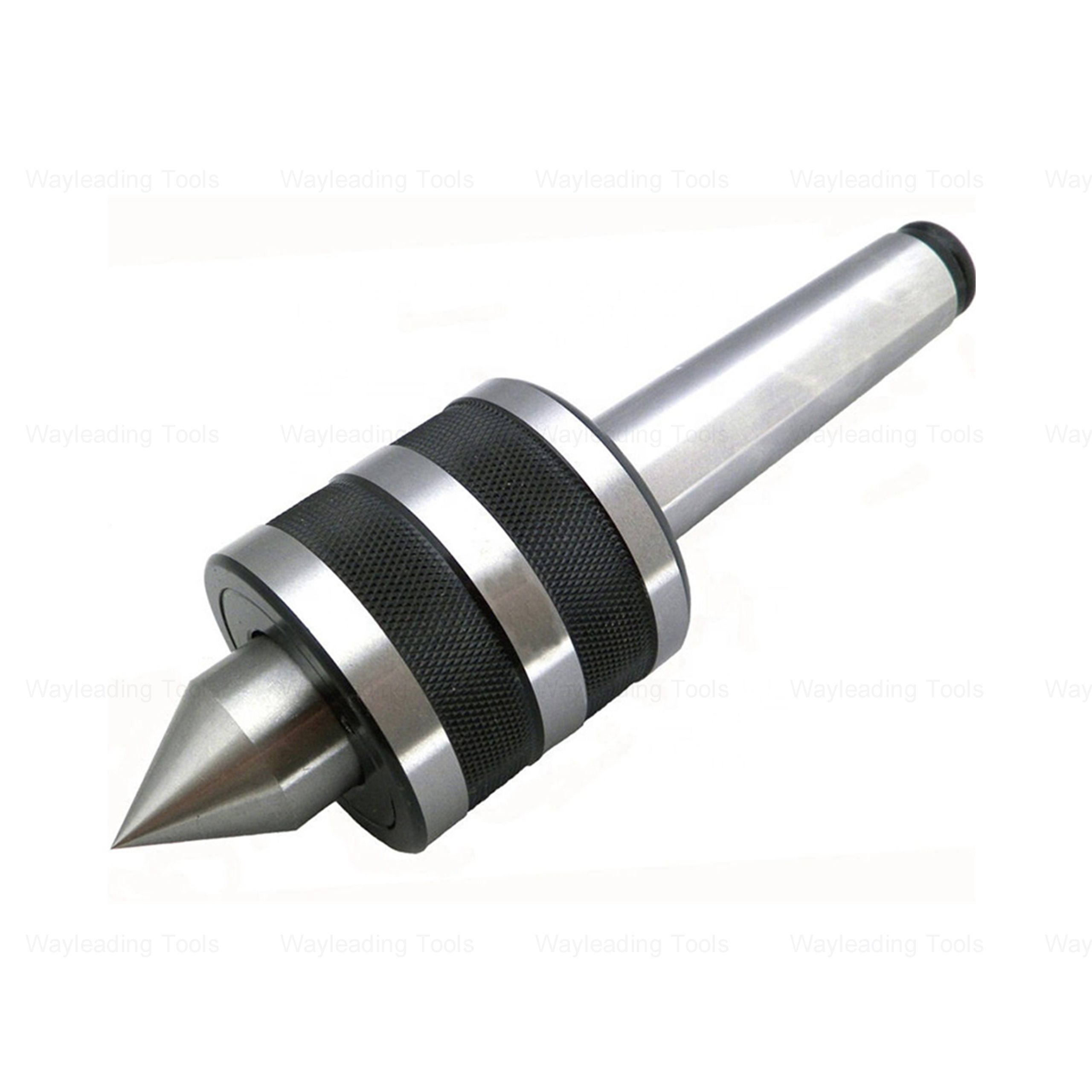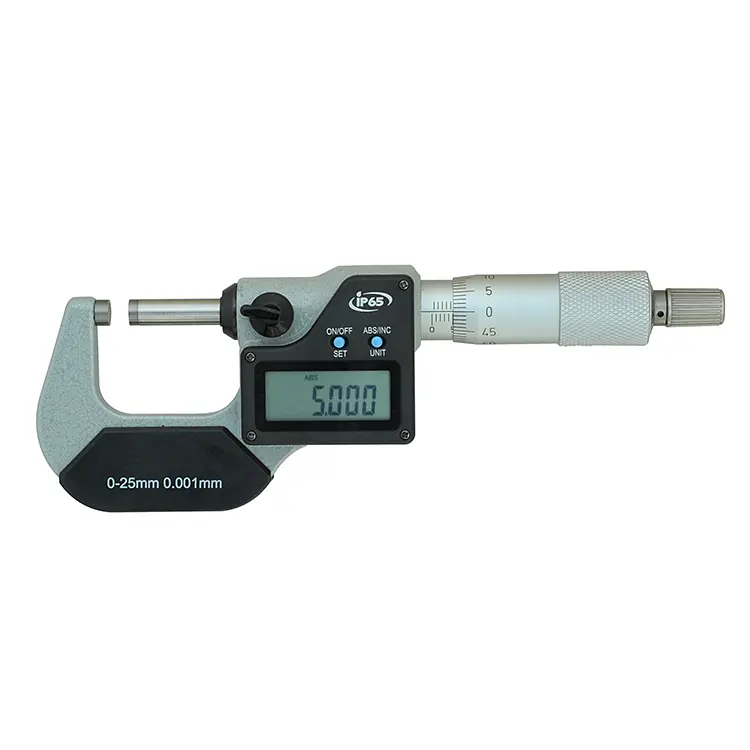taper taps Manufacturers
Taper taps are essential cutting tools used to create internal threads in materials like metal and plastic. They are designed with a gradual taper, allowing for easy starting and gradual cutting of the thread, making them ideal for various applications. This guide provides in-depth information about taper taps, including their types, applications, and how to choose the right one for your manufacturing needs.
Understanding Taper Taps
Taper taps, also known as starting taps, are one of the three main types of hand taps, the others being plug taps and bottoming taps. They are distinguished by their gradual taper, which allows for a smooth and accurate threading process.
Key Features of Taper Taps
- Tapered Design: The gradual taper (typically 7-10 threads) allows the tap to start easily and cut threads gradually.
- Versatile: Suitable for a wide range of materials, including steel, aluminum, and plastic.
- Starting Tap: Generally used as the first tap in a series of taps to create a thread, followed by plug and bottoming taps.
Types of Taper Taps
While the basic design remains consistent, taper taps are available in various materials and coatings to suit different applications.
High-Speed Steel (HSS) Taper Taps
HSS taper taps are the most common type, offering a good balance of hardness and toughness. They are suitable for general-purpose threading in a variety of materials.
Cobalt Taper Taps
Cobalt taper taps contain a higher percentage of cobalt, making them more heat-resistant and durable. They are ideal for threading harder materials like stainless steel and cast iron.
Carbide Taper Taps
Carbide taper taps are the most expensive but also the most durable. They are used for high-volume production and threading extremely hard materials.
Coated Taper Taps
Coatings like titanium nitride (TiN) and titanium carbonitride (TiCN) can improve the performance and lifespan of taper taps by reducing friction and increasing wear resistance.
Applications of Taper Taps
Taper taps are widely used in various industries for creating internal threads in a variety of applications.
Manufacturing
In manufacturing, taper taps are used for creating threads in components used in machinery, equipment, and other products. They are essential for ensuring secure and reliable connections.
Automotive
The automotive industry relies heavily on taper taps for threading holes in engine blocks, cylinder heads, and other critical components. The accuracy and reliability of the threads are crucial for vehicle performance and safety.
Aerospace
The aerospace industry demands high-precision threading for aircraft components. Taper taps are used to create threads in materials like aluminum, titanium, and composite materials, ensuring the structural integrity of the aircraft.
DIY and Home Improvement
Taper taps are also used in DIY and home improvement projects for threading holes in metal, wood, and plastic. They are useful for repairing damaged threads or creating new ones.
Selecting the Right Taper Tap
Choosing the right taper tap for your specific application is crucial for achieving optimal results. Consider the following factors when selecting a taper tap.
Material
The material of the workpiece is the most important factor to consider. For softer materials like aluminum and plastic, HSS taper taps are sufficient. For harder materials like stainless steel and cast iron, cobalt or carbide taper taps are recommended.
Thread Size and Type
Ensure that the taper tap matches the thread size and type required for your application. Common thread types include UNC (Unified National Coarse), UNF (Unified National Fine), and Metric threads.
Coating
Consider the coating based on the material and application. TiN-coated taper taps are suitable for general-purpose threading, while TiCN-coated taper taps are recommended for harder materials.
Tap Size
Select the correct tap size for the hole you are threading. The tap size should match the nominal diameter of the thread.
Tips for Using Taper Taps
Proper usage of taper taps can significantly improve the quality and lifespan of the tool.
- Use Cutting Fluid: Apply cutting fluid to the taper tap and workpiece to reduce friction and heat.
- Start Straight: Ensure that the taper tap is aligned straight with the hole before starting to thread.
- Apply Consistent Pressure: Apply consistent pressure while turning the taper tap to create a smooth and accurate thread.
- Back Off Regularly: Back off the taper tap regularly to break the chip and prevent it from binding in the hole.
- Clean the Tap: Clean the taper tap regularly to remove chips and debris.
Wayleading Tools: Your Partner for High-Quality Taper Taps
At Wayleading Tools, we are committed to providing high-quality taper taps to meet the needs of manufacturers and engineers. Our taper taps are made from premium materials and are designed for optimal performance and durability. We understand the importance of precision tooling and are dedicated to helping you achieve the best possible results. Contact us today to learn more about our products and services.
Troubleshooting Common Issues with Taper Taps
Even with proper usage, issues can sometimes arise when using taper taps. Here are some common problems and their solutions:
Tap Breakage
Tap breakage is a common issue, often caused by excessive force, incorrect tap size, or hard materials. To prevent breakage, use the correct tap size, apply consistent pressure, and avoid using taper taps on materials that are too hard.
Stripped Threads
Stripped threads occur when the threads are damaged or weakened, often caused by excessive torque or incorrect tap size. To prevent stripped threads, use the correct tap size and avoid over-tightening the tap.
Taper Tap Binding
Taper tap binding can occur when chips become lodged in the flutes of the tap, preventing it from turning smoothly. To prevent binding, back off the taper tap regularly to break the chip and clean the tap regularly.
Future Trends in Taper Tap Technology
The field of taper tap technology is constantly evolving, with new materials, coatings, and designs being developed to improve performance and efficiency.
Advanced Materials
Researchers are exploring new materials like ceramics and composites for use in taper taps. These materials offer improved hardness, wear resistance, and heat resistance, allowing for threading of even harder materials.
Smart Taps
Smart taps are equipped with sensors that can monitor the threading process and provide feedback to the operator. This allows for real-time adjustments to be made, ensuring optimal thread quality and preventing tap breakage.
3D-Printed Taps
3D printing technology is being used to create custom taper taps with complex geometries. This allows for the creation of taps that are optimized for specific applications, improving performance and efficiency.
Cost Analysis of Taper Taps
The cost of taper taps can vary widely depending on the material, size, coating, and brand. Here's a general overview of the cost ranges for different types of taper taps:
| Type of Taper Tap | Approximate Cost Range (USD) | Typical Applications |
|---|---|---|
| HSS Taper Taps | $5 - $20 | General-purpose threading in softer materials |
| Cobalt Taper Taps | $15 - $50 | Threading harder materials like stainless steel |
| Carbide Taper Taps | $50 - $200+ | High-volume production and threading extremely hard materials |
| Coated Taper Taps | $10 - $60 | Various applications, depending on the coating type |
It's important to consider the cost of taper taps in relation to their performance and lifespan. While cheaper taps may seem appealing, they may not provide the same level of accuracy or durability as more expensive taps. Investing in high-quality taper taps can save you money in the long run by reducing the risk of tap breakage and improving the quality of your threads.
Conclusion
Taper taps are indispensable tools for creating internal threads in a wide range of materials and applications. By understanding the different types of taper taps, selecting the right tap for your specific needs, and following proper usage guidelines, you can achieve optimal results and ensure the quality and reliability of your threaded connections. Partner with Wayleading Tools for all your taper tap needs and experience the difference that high-quality tools can make. Learn more at www.wayleading.com.
Related products
Related products
Best selling products
Best selling products-
 Type A Cylinder Tungsten Carbide Rotary Burr
Type A Cylinder Tungsten Carbide Rotary Burr -
 Type B Cylinder Tungsten Carbide Rotary Burr
Type B Cylinder Tungsten Carbide Rotary Burr -
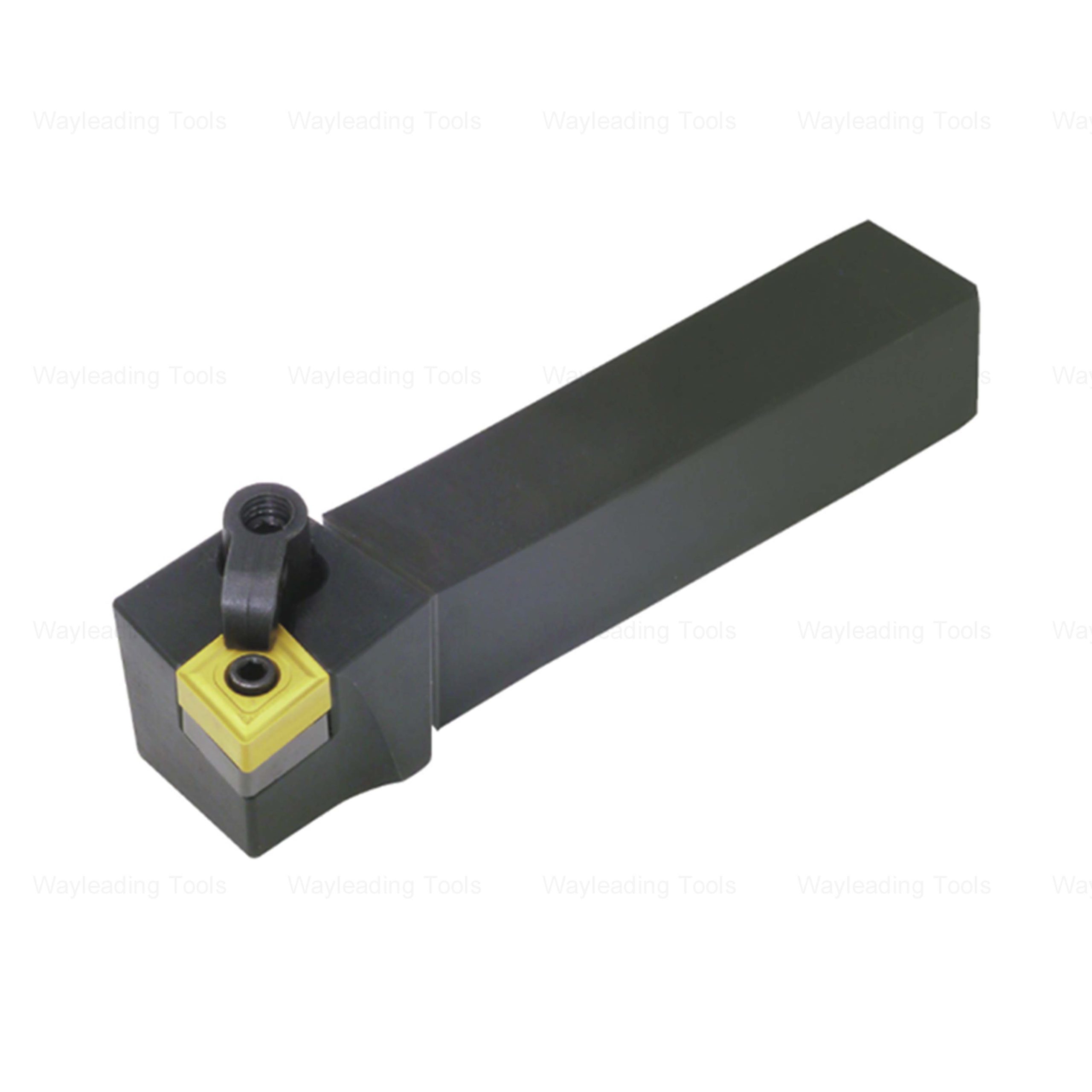 MCLN Indexable Turning Tool Holder
MCLN Indexable Turning Tool Holder -
 Precision Digital Bore Guage From 6-450mm Range
Precision Digital Bore Guage From 6-450mm Range -
 5C Square Collet With Inch and Metric Size
5C Square Collet With Inch and Metric Size -
 CNMG & CNMM Turning Insert For Indexable Turning Tool Holder
CNMG & CNMM Turning Insert For Indexable Turning Tool Holder -
 Precision IP67 Digital Caliper With Data Output For Industrial
Precision IP67 Digital Caliper With Data Output For Industrial -
 Precision Straight Shank To Morse Taper Adapter
Precision Straight Shank To Morse Taper Adapter -
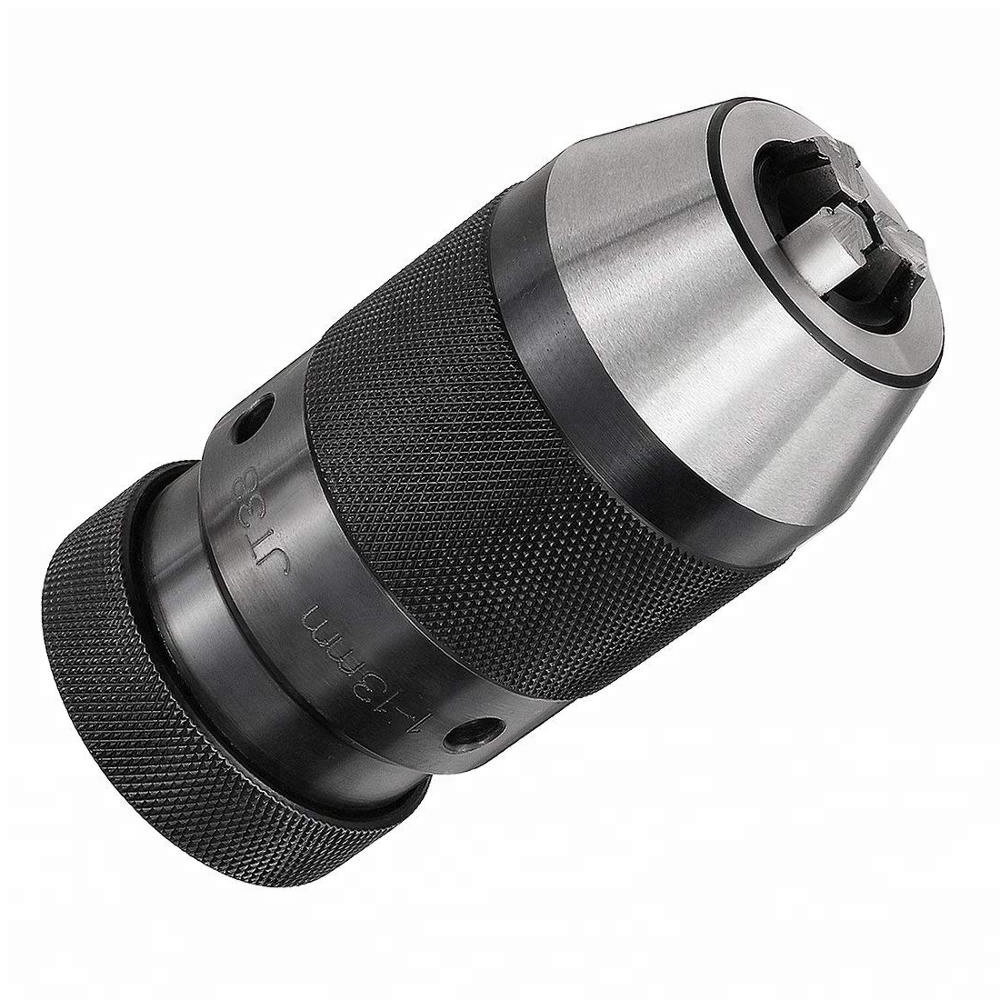 Keyless Drill Chuck With Heavy Duty Type
Keyless Drill Chuck With Heavy Duty Type -
 Type C Cylinder Ball Nose Tungsten Carbide Rotary Burr
Type C Cylinder Ball Nose Tungsten Carbide Rotary Burr -
 Double-beam Digital Gauge With Digital Counter
Double-beam Digital Gauge With Digital Counter -
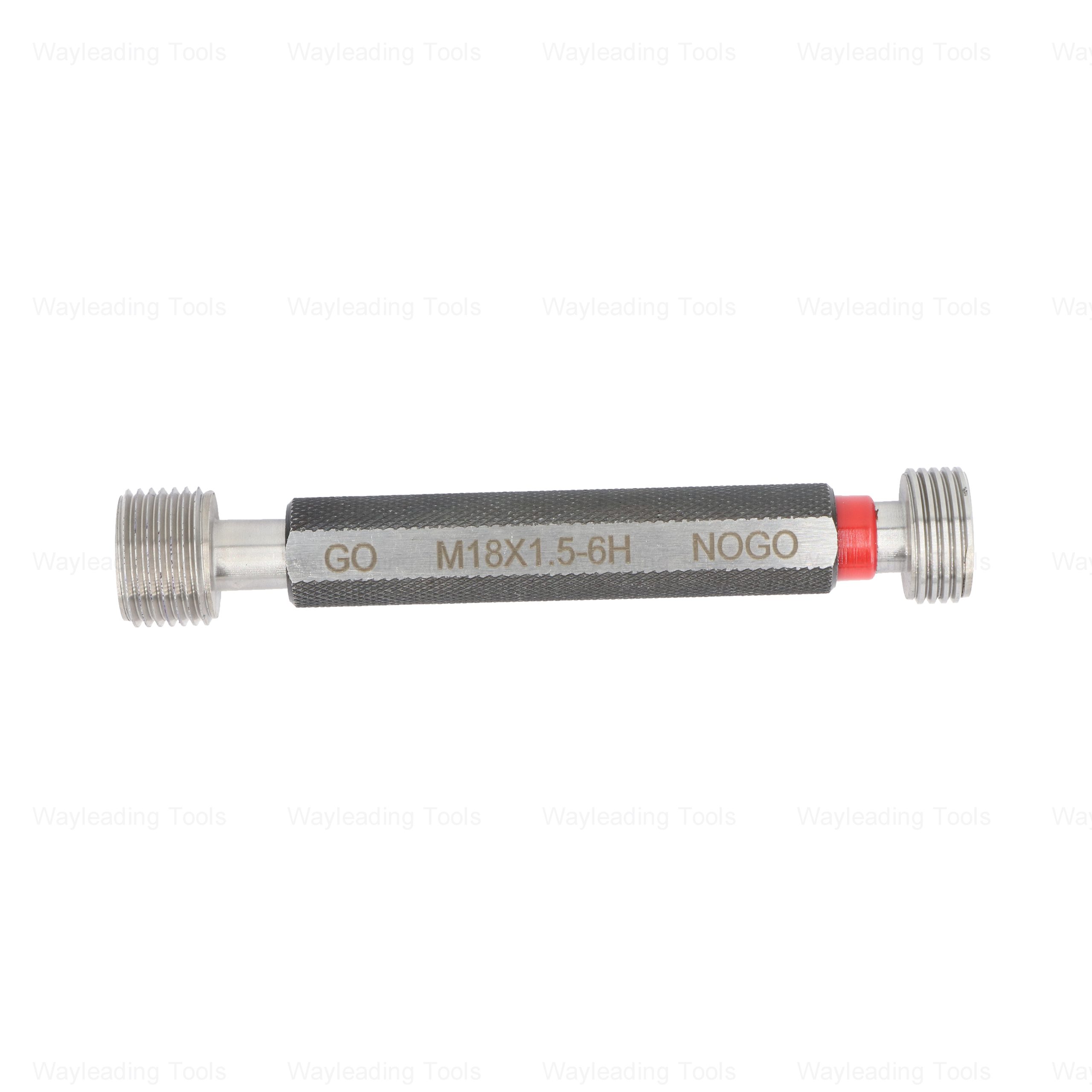 High-Precision Metric Thread Plug Gauge – 6H Class, GO & NO-GO Ends
High-Precision Metric Thread Plug Gauge – 6H Class, GO & NO-GO Ends
Related search
Related search- SVJB turning tool holder Manufacturer
- SVJB turning tool holder Factory
- High-Quality STFC boring bar
- 3pcs boring bar sets Suppliers
- morse taper holder
- SCFC boring bar Manufacturer
- roughing end mill Suppliers
- Wholesale bspt threading insert
- partial profile 55 degree threading insert Supplier
- boring bar holder Factories

